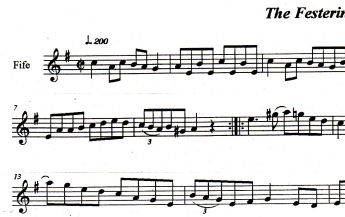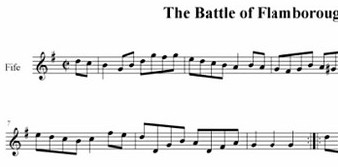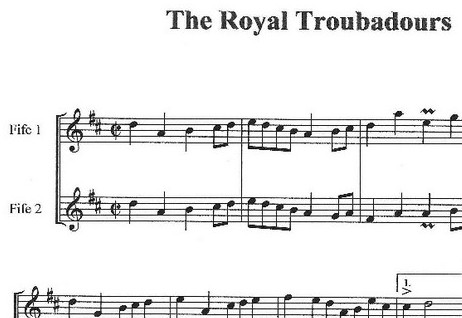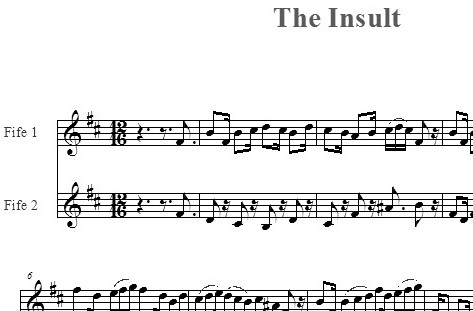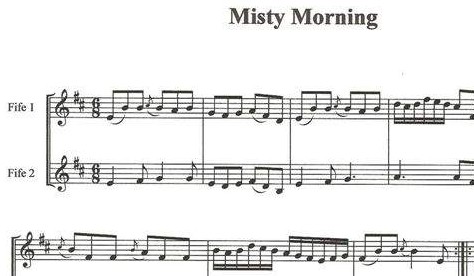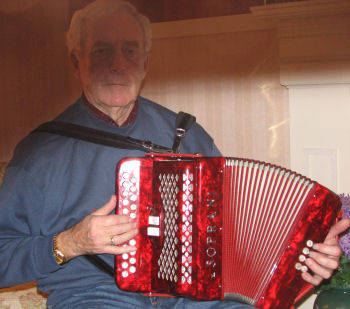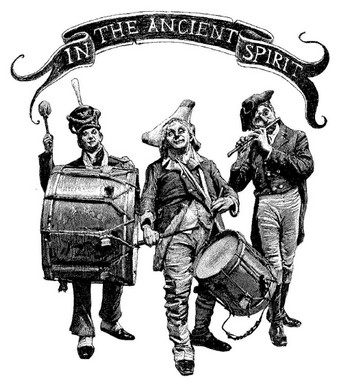 new music
new music
Contest: Mustah Foot
Here is the sixth entry in the Baconworks Tune-smithing Contest!
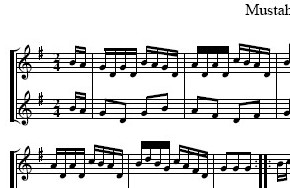
The tune is called Mustah Foot. Here is the MIDI file that was included with the submission. You can see the whole piece of music here.
